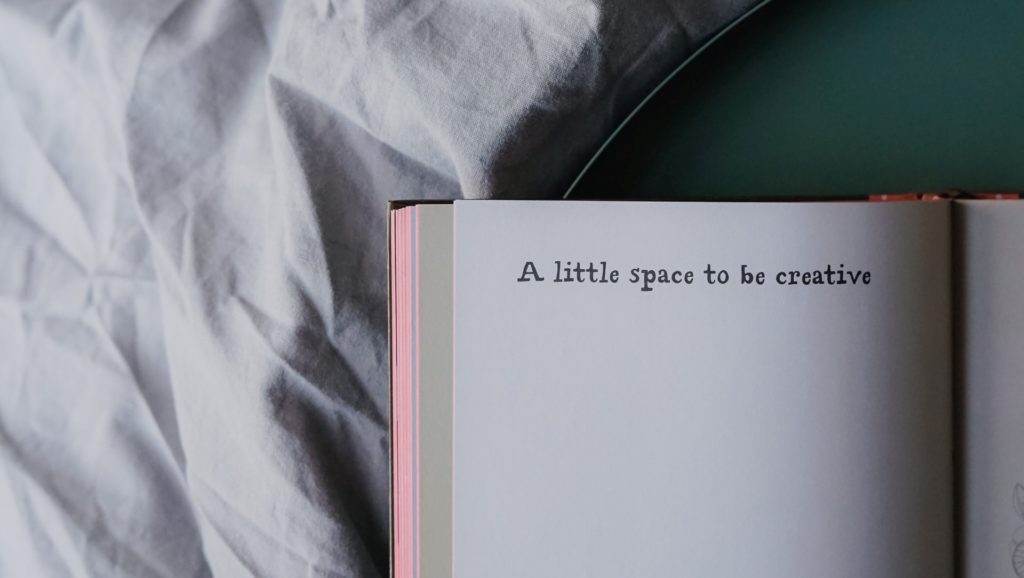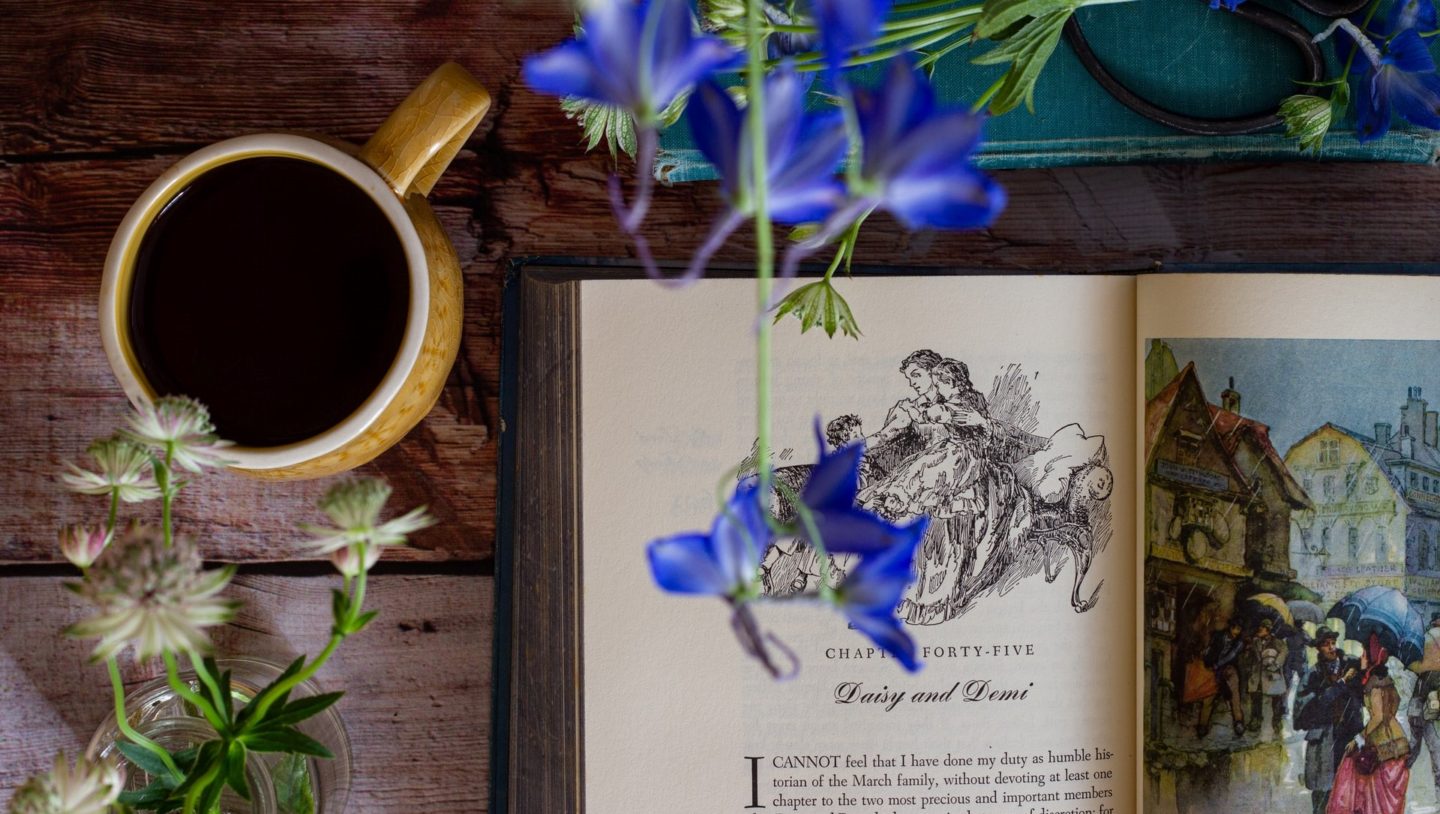As a writer, I field a lot of questions about what I do. I don’t know what it is, but people in general seem to find career writers super fascinating. Maybe it’s because writing a 300-page book with nothing but your mind and a laptop sounds so daunting. Or people just wonder where all these ideas come from and how they take shape into something that’s fun to read.
Whatever the reason, I spend a lot of time talking about the nuts and bolts of writing novels whenever friends, strangers, or fellow writers ask. The top question I get is about my writing process. How does it work? What habits do I use? Do I write every day? Do I have rituals to “get in my headspace”?
To answer many of these questions, here are the top seven habits I’ve developed as a professional writer to produce large amounts of word count and finish books.
Habit #1: I Dream Up a Character
There are many kinds of writers in the world, but each of us has one aspect of storytelling that we like most. Some writers are incredible at plot. They live and die for twists, cliffhangers, and the big reveal. Other writers are more into world building, researching real civilizations, and deciding every cultural aspect of the world they’re writing about.
As for me, I’m a character writer all the way. Every book I’ve ever written started with a character making a grand entrance in my mind. When a character or a cast of characters in my head start making decisions, having conversations, and trying to solve problems, that’s when I know that a story idea has been born.
Because characters are always where my stories start, I put a lot of energy into dialogue, emotional arcs, and putting characters into situations where conflicting goals and personalities create fascinating content. I can’t say that my love for characters is a habit I necessarily developed. It’s always existed in me, but it’s definitely where my writing process begins.

Habit #2: Next Comes an Outline
There are two different breeds of writers in the world: architects and gardeners. Architects are the planners who outline every aspect of their story before they start writing. In contrast, gardeners like to grow a story, sometimes having no idea how it’s going to end. Gardeners are also called “pantsers” because they tend to write by the seat of their pants.
In general, architects have mediocre story beginnings and INCREDIBLE endings. Gardeners are often the opposite: their story openers are magic while their endings are often a chaotic mess. These are just generalizations, so of course there are always exceptions to these two molds. And virtually any story can have an amazing beginning, middle, and end after a rigorous revision process.
When I was a teenager, I was such an architect about my stories that I didn’t write anything. Eventually I realized that this obsessive planning had to stop if I was ever going to finish a book, so I made an effort to start gardening—while still working off a loose chapter by chapter outline.
Today this has become my norm. I like to think of myself as a hybrid gardening architect, a person who has an outline but isn’t afraid to toss it out the window when my characters start doing something interesting. All writers have different preferences when it comes to their outlines (or lack thereof), but for me I like to borrow gardening and architect tendencies to enjoy the best of both worlds.
Habit #3: I Write From Beginning to End
Many writers like to write random scenes out of order and fill in the gaps later to create a complete book. But for me, writing my books in order allows me to produce my best work.
As a character writer, it’s important for me to experience the journey alongside my protagonist so their growth and emotions feel real. I used to cherry pick fun scenes to write early on, but inevitably this led to me tossing out the old version and rewriting it once I reached that spot in the manuscript. There’s just no way around it: to write convincingly, I have to go in order.
I also only work on one project at a time since I’ve found this is a really motivating tactic to finish books. Fully immersing myself into a project is just so rewarding, but it can be impossible when you’re book-hopping from month to month. Or worse, jumping to a new project every time a hard scene crops up.
I’m a fan of plowing through tough scenes when they come and sticking with a manuscript until I have a complete first draft. There’s nothing like a full story arc to help you see the full picture before you start editing.

Habit #4: Write Now. Research Later.
Don’t come for me, historical fiction writers, but I’m a firm believer that research is one of the biggest ways writers procrastinate. And frankly, researching every little detail of your book can get in the way of pure creativity.
Over the years, I’ve turned into a major advocate of cranking out a full first draft before I research all the historically accurate details. I know that sounds dangerous, but it works for me.
I occasionally do a quick Google search while I’m in the middle of writing, but if something takes longer than 10 minutes to figure out, I make a note and move on. Once I get into the revision process, I go back to all those pesky details to make adjustments in the second draft.
This type of approach probably wouldn’t work for books heavily based on history, but I’m a fantasy writer in part because I hate research. That’s just me.
Habit #5: I “Journal” About My Book While I’m Writing
Just because I write my books chronologically doesn’t mean I never write things out of order. When a fantastic conversation pops into my head that I’m easily 100 pages away from writing, I stick it in my clips document.
My “clips document” is basically a stream-of-consciousness companion for my manuscript. A blank Word document where I make little journal entries of my writing process for each book. If I write anything out of order, it goes here. If I need to brainstorm names, save a link to some research, vent about something that’s not working in the plot—all of it goes here. Really it’s a free-form place where I can dump random stuff that doesn’t belong in the main manuscript.

Truly I think this part of my writing process is the first habit I developed that helped me finish a book. My clips documents are an absolute blast to reread because they contain my early brainstorms and also what was going on in my real life while I was writing. This has also been a great way to record my “ah-ha” moments in the writing process.
Habit #6: I’m an Anti-Ritual Writer
This one is slightly controversial because a lot of writers worship their get-in-the-mood-to-write rituals. Some people need their cat, lucky sweatshirt, music, heater, favorite tea, and their Zen all in one place for an optimal writing atmosphere. But me? I’m a writer who has zero rituals because too often I think they turn into an excuse for writer’s block.
Instead I try as much as possible to sit down and start writing immediately. Sometimes I settle in by reading the last page I wrote, but other than that, I just start. This has turned me into a very no-frills-or-nonsense kind of writer, which I like about myself. Especially because I can write anywhere and anytime. This trait has been wildly helpful over the years to produce mega word count on the regular.

Habit #7: I Don’t Share Spoilers with Anyone.
Even my own husband doesn’t know the ending when he reads my first drafts. And I do this for one very specific reason: to motivate myself to finish books.
I’m a firm believer that all writers are secretly dying to share their writing, even if the idea scares them. Receiving validation for your work is pure ambrosia once you start getting it, but a lot of writers make the mistake of getting that validation by talking about their books instead of actually writing them.
Now don’t get me wrong, I love talking about my books with close friends. It’s one of the purest joys in a writer’s life. But I have a firm boundary that I can only obsess about the stuff they’ve already read. This is the best policy for getting great reader’s reactions from my alpha readers, and it also lights a fire under me to get everyone to the part I’m dying for them to read.
For me, having big scenes to look forward to and authentic anticipation from my readers is the ultimate adrenaline shot to keep my writing swift and exciting.
Bottom Line? You Figure Out Your Writing Process As You Go
The beauty of writing is that you can never quite predict where it’s going to end up. That sentiment applies to stories AND to your writing process.
I’ve picked up most of these habits over the years. Even now I’m still finding new ways to hype myself up, brainstorm ideas, and make my writing the best that it can be. And getting acquainted with my own writing process—and helping other people develop theirs—has been a genuinely delightful experience. ❧




